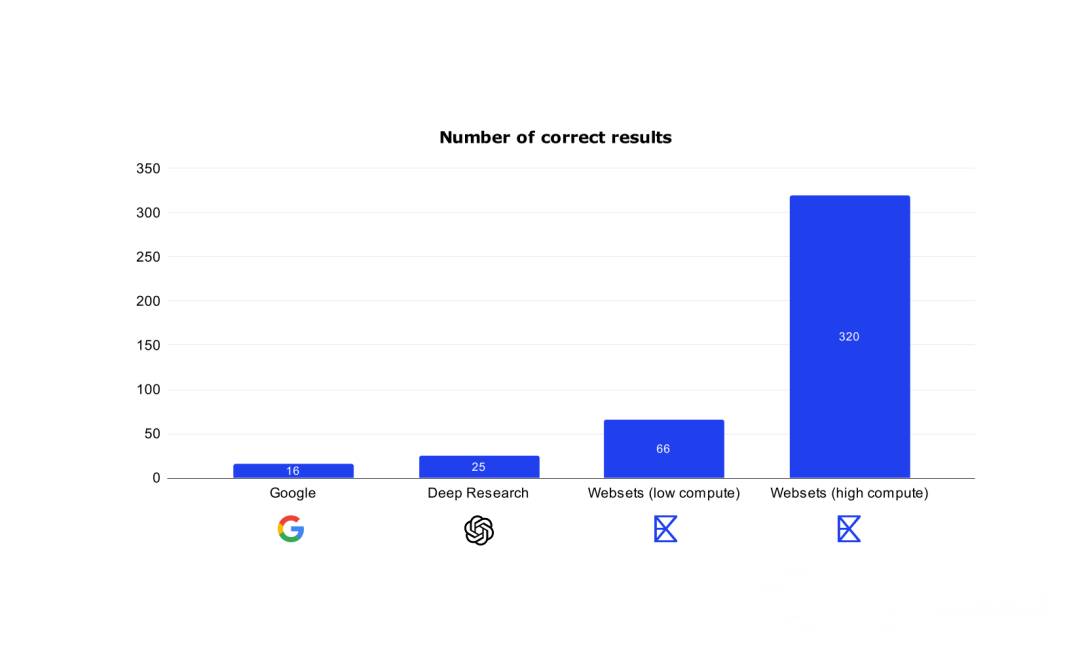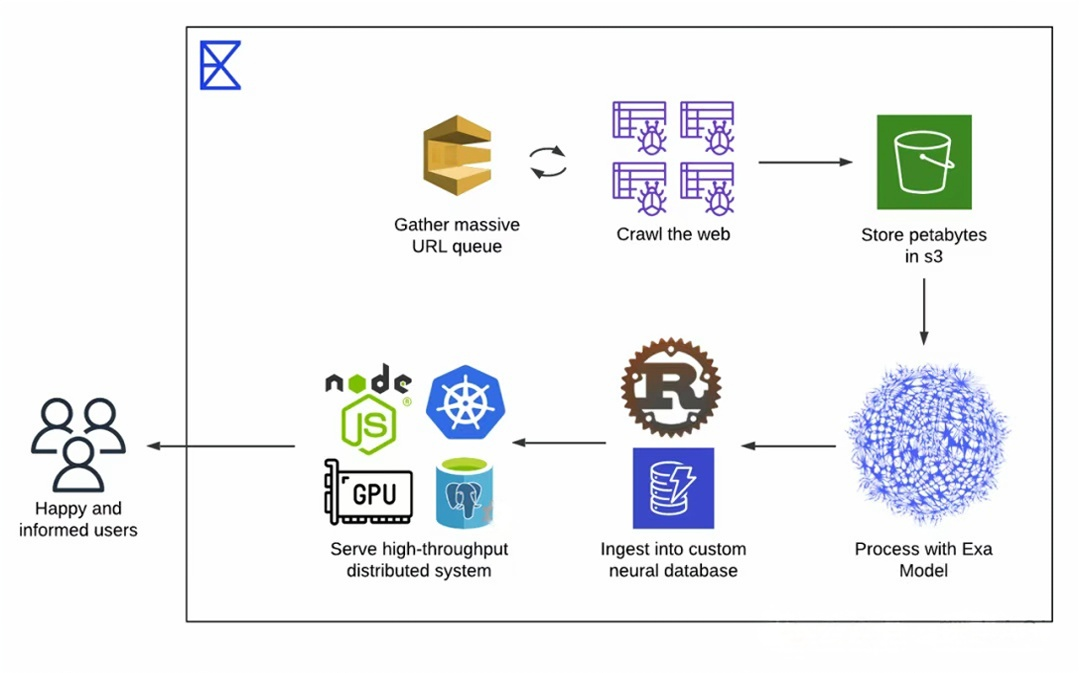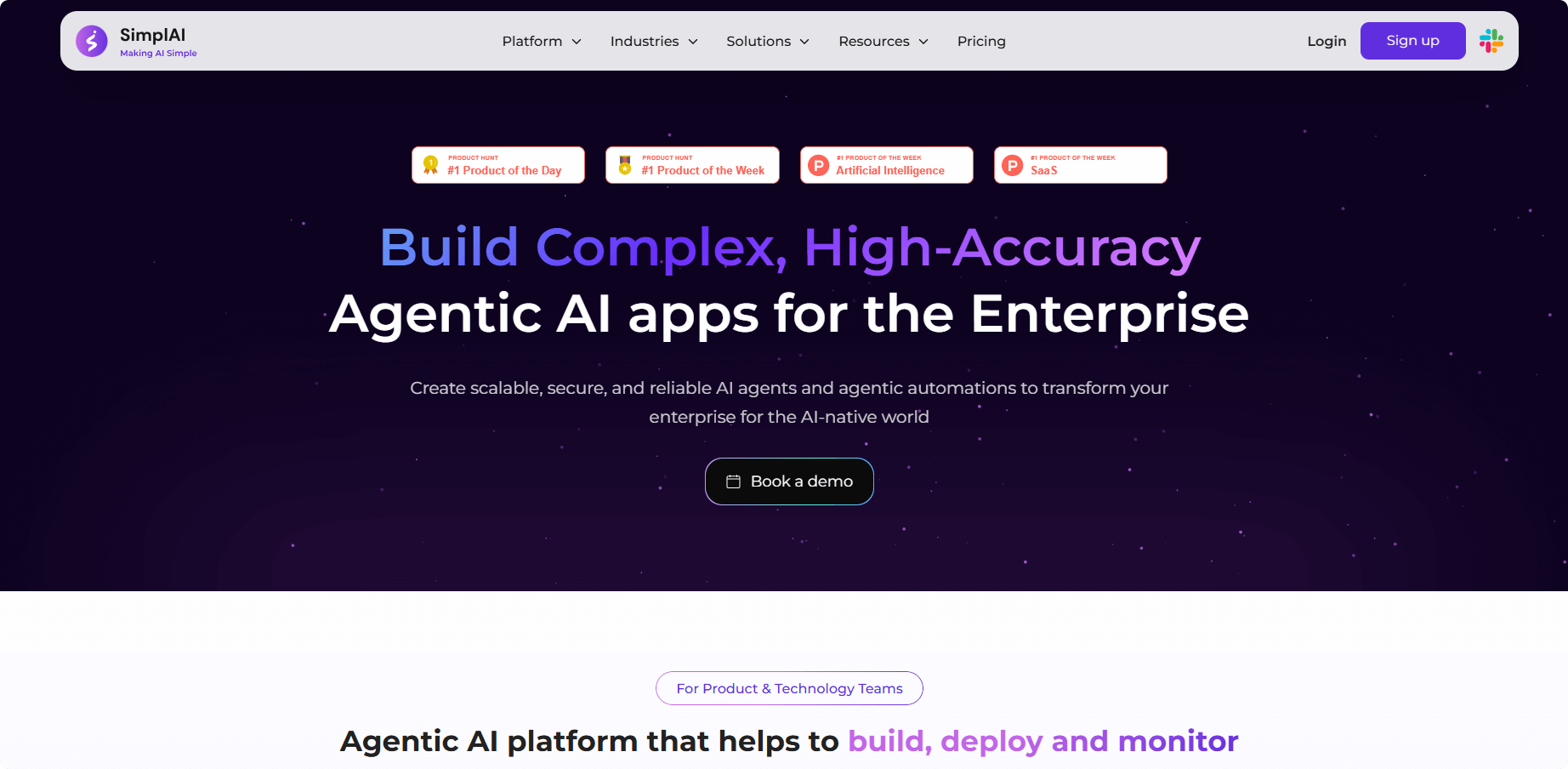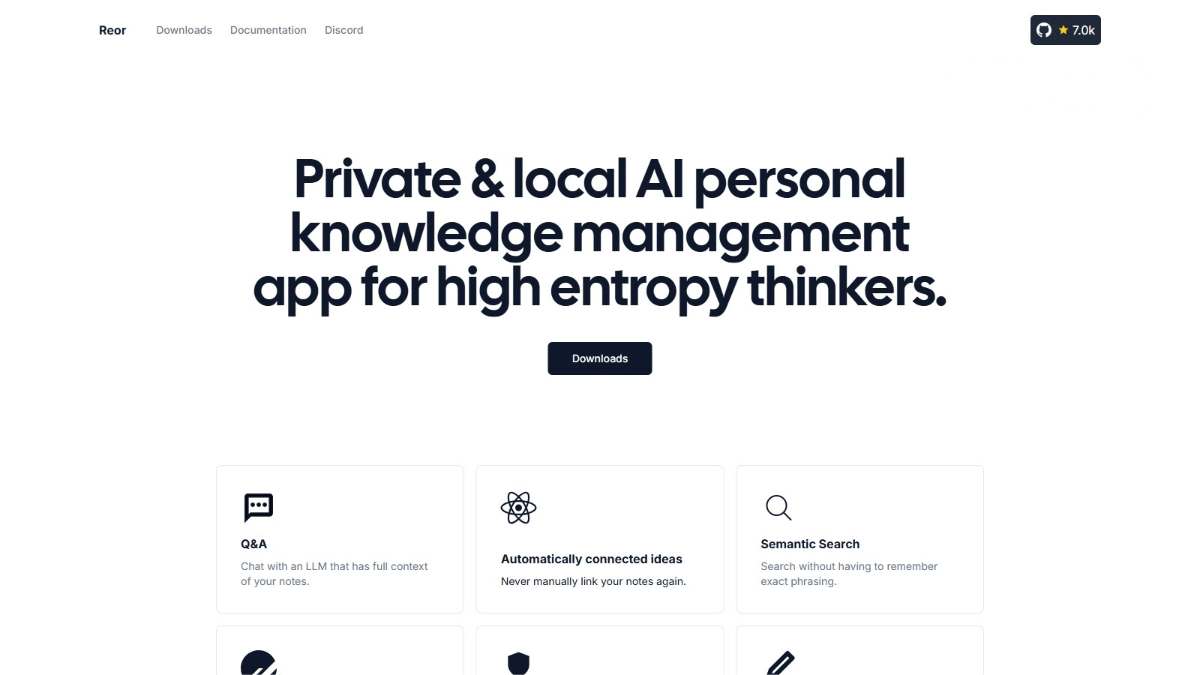NVIDIA Bets on Agent New Infrastructure! AI-Specific Search Engine Unveiled.
Do you still remember the feeling of “fucking amazing” when Google first emerged? Now, when we’ve gotten used to the rhythm of “searching whatever we ask”, a new revolution in search engines is here — but this time, it’s not designed for humans!
The Exa we are going to introduce today is a search engine specifically designed for AI Agents, redefining the search infrastructure in the AI era. In July 2024, it completed a Series A financing of $22 million, led by Lightspeed, with Nvidia, Y Combinator (YC), and others participating in the round. Its Annual Recurring Revenue (ARR) exceeds $10 million.
Human Search VS Agent Search: What’s the Difference?
Human search: “Cheap air tickets”… Just a few simple words and it’s done.
Agent Search: Capable of handling complex queries such as “Help me find startups in [a certain country] that have received over $5 million in funding, have female founders, and are focused on the AI healthcare field.”
When we use Google to search, we usually only look at the first page of results and feel satisfied. However, an agent is different. It needs more comprehensive information in order to make inferences.
Lastly, due to the large number of searches, an Agent may send more search requests in one minute than most people do in an entire day. This means that this search infrastructure has higher requirements for throughput and latency.
Exa: The Exclusive Search Engine for AI Agents
Exa positions itself as the “Bing API of the LLM era,” which simply means enabling AI to access all information on the internet.
Primarily generate revenue by selling APIs. The core APIs are as follows:
- Search API: Ultra-fast response (within 300ms), capable of handling over 100 queries per second, enabling AI to understand complex semantics for searching.
- Get Content API: Similar to a web crawler, it parses text from a URL.
- Find Similar Links API:Find websites related to the content of the URL.
In terms of pricing, Exa is 10 times more expensive than traditional search APIs. 1,000 calls cost $250.
Above search, there is also a derivative product, Websets. This product can turn the Internet into a super Excel spreadsheet! You can use natural language to set any filtering conditions and then get a complete list with one click.
Their blog mentioned that WebSets has better effects than Google and ODR.

And they have defined a new scaling law in the search field: the more computing resources are invested, the more comprehensive and accurate the results obtained. This means that users can choose different levels of search depth according to their needs.
Technical Advantages and Commercial Value
As an Agent infra company, Exa connects the intelligence of LLMs with internet knowledge, so they will benefit from the continuous enhancement of large models in the future.
Compared with deep-research products, Exa focuses on the underlying layer and provides structured and verifiable search results. Therefore, it won’t take the bread out of the mouths of some applications.
At the model level, a search system was developed based on the Transformer architecture, achieving “next link prediction” and “next document prediction.” (When a user inputs a URL, Exa will crawl and parse its main content. The model then predicts web pages with similar discussions based on factors such as text style, domain, and core ideas.)
Considering budget and user habits, they didn’t build an index for all Internet content. Since most of the users’ queries are common ones, filtering out high-quality web pages to build an index is sufficient to answer most of the content. For long-tail knowledge, other APIs can be used for querying.
The following figure shows their data analysis process.

Financing and Team
Exa was founded in 2021 by Will Bryk and Jeff Wang, alumni of Harvard. The team has fewer than 20 members, but its core members come from top-tier backgrounds such as Palantir, Apple, and the Yao Class at Tsinghua University.
In terms of financing, in July 2024, we completed a Series A round of financing worth $22 million, led by Lightspeed, with Nvidia, Y Combinator (YC), and others participating as co-investors. In terms of revenue, we have reached thousands of users, and our revenue has grown threefold in the past few months. Our Annual Recurring Revenue (ARR) is likely to have exceeded $10 million.
In the field of “AI search”, Exa’s main competitor is Brave Software. In February 2025, Mistral’s Le Chat used Brave’s search API to obtain real-time web page results, and Claude may also be using Brave Search as its search engine.
Conclusion
The underlying infrastructure (infra) behind an agent may require something different from that for humans, which seems to be a consensus at present.
As the capabilities of large models continue to improve and their prices keep declining, it has become feasible to redesign AI-native search algorithms. As a provider of context for Agents, the value of Exa will expand with the growth of the Agent economy.
Related Posts




